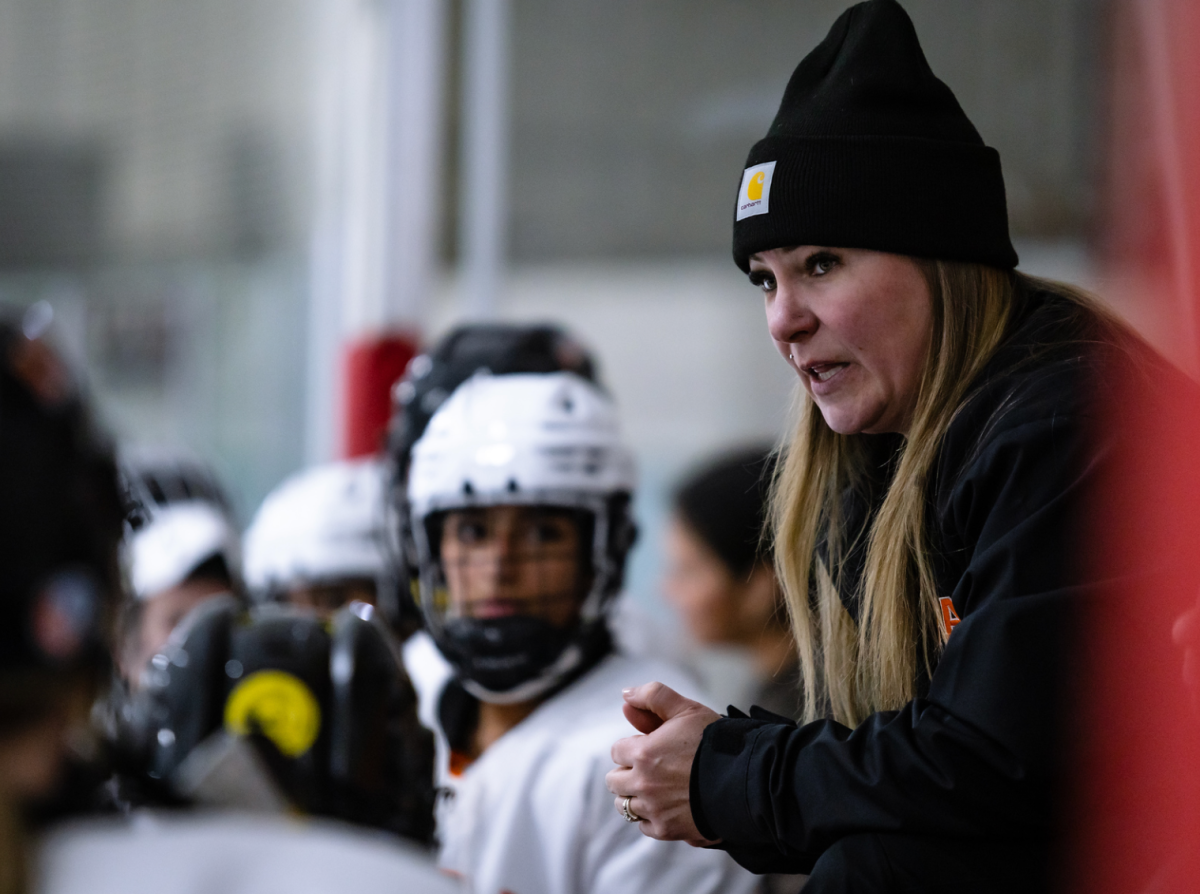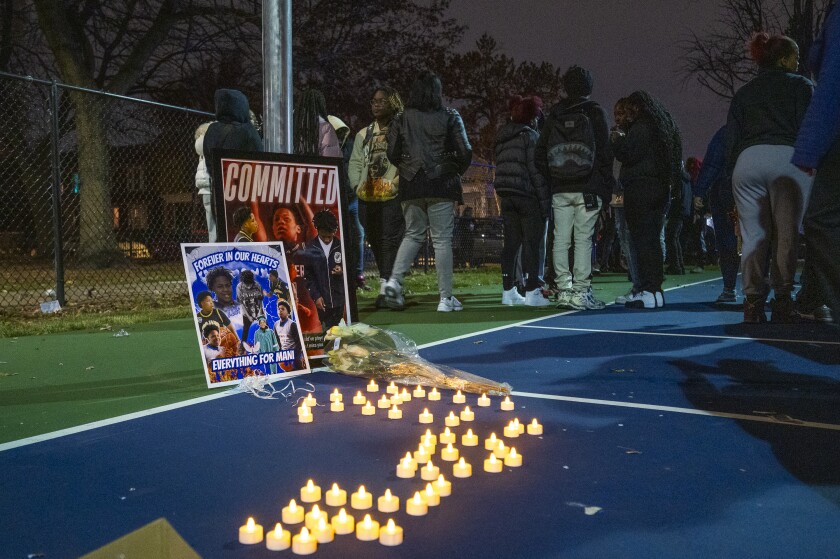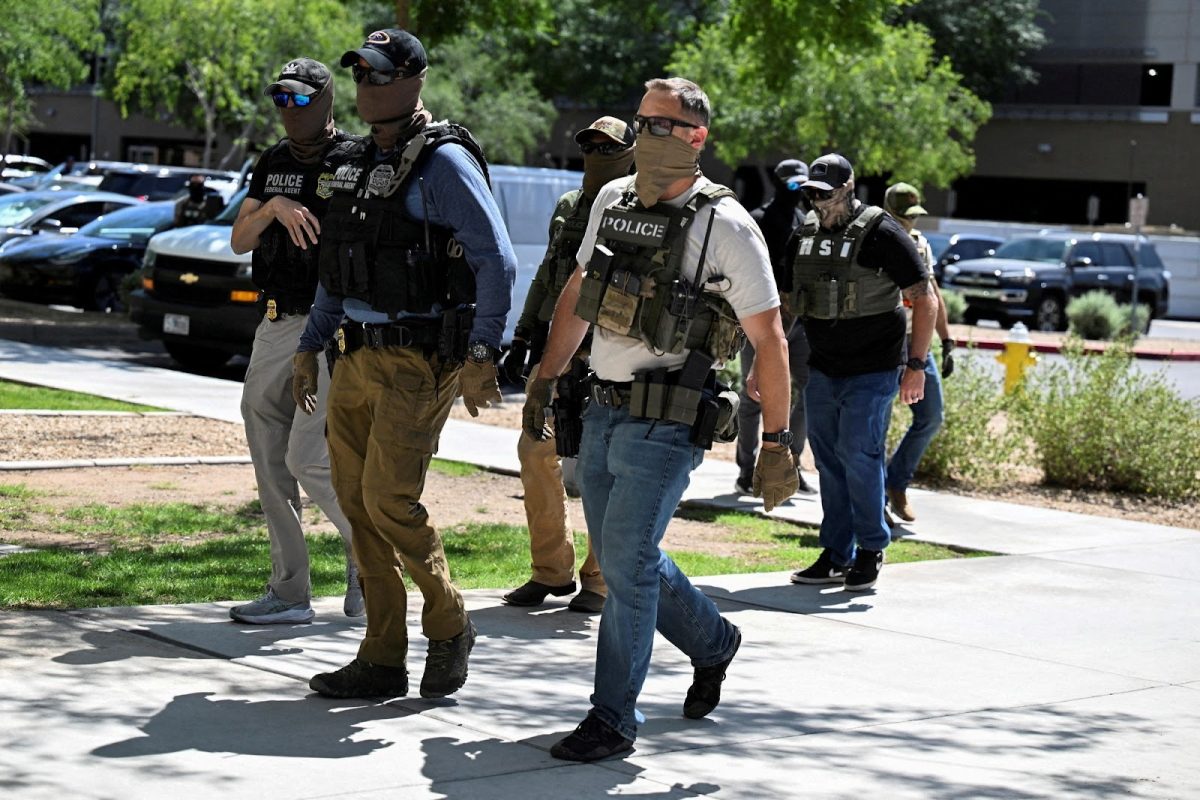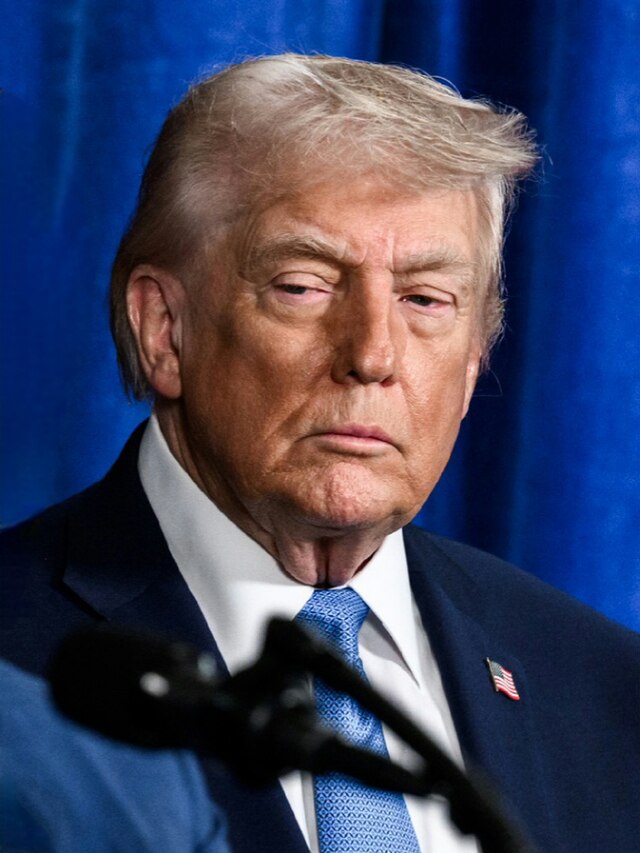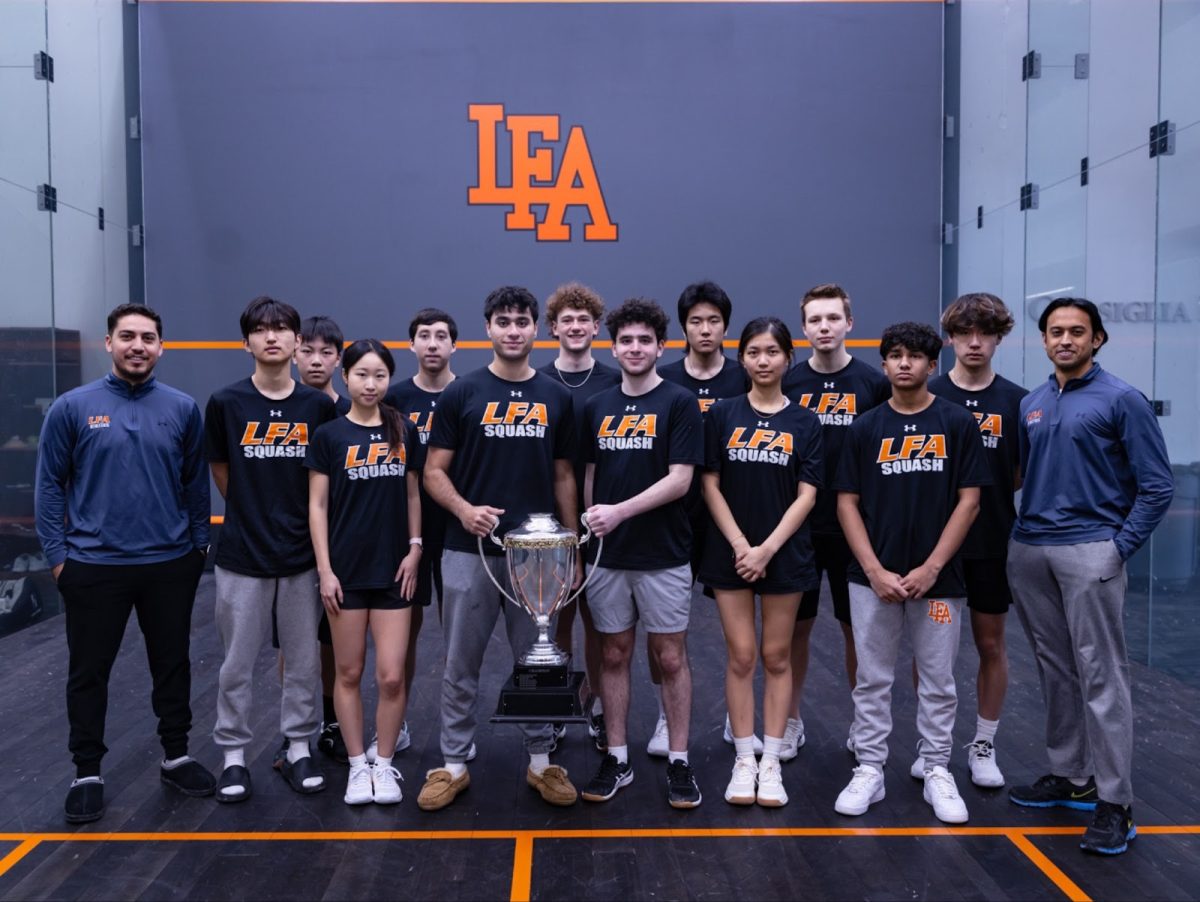At LFA, there appears to be plenty of opportunities for student leadership. From the Prefects, Student Council, the Disciplinary committee, to various club positions, and more,. there are numerous roles that students can inhabit. Here, it is clear that student leadership is a necessary part of not only representing student voices but also preparing students for the future. Having the opportunity to lead in an environment like LFA where mistakes and new ideas are welcomed is critical for students to develop the skills needed before transitioning to college, applying to internships, and being a leader in the workforce. But, with such an advantageous reality, there are naturally faults.
For one, an issue lies in who those leadership positions are truly available to. There are a myriad of uncontrollable factors that prohibit, or at least significantly disadvantage students from obtaining such roles. Most glaringly, transfer students, especially those who transfer in 11th grade and up, are far less likely to become Prefects or members of the DC committee. When these positions are decided based on the quantity of teacher recommendations alone, these students can only obtain a fraction of the possible pool with the shorter period of time they have to foster working relationships with faculty. Simultaneously, teachers that leave the LFA community can cause similar effects. It is impossible to be recommended for these positions by those who have left LFA, leading to a problem that has only been exacerbated with the number of departures we’ve seen in the past few years. Equity is crucial to broadening the representation in our leadership circles, but there is an evident unintentional advantage given to students who haven’t had teachers leave or those who are not transfer students because of the recommendation system used.
Similarly, with the fact that many leadership positions heavily rely on the influence or decision-making of faculty, students themselves may begin to approach the process inauthentically. The likeability-based election process inevitably breeds an environment of fakeness. There shouldn’t be conversations about appealing to teachers junior year to secure recommendations. There shouldn’t be any talk at all about putting on a facade to win someone’s favor. That, intrinsically, takes away from the very responsibility a leader is supposed to embody, which is to represent and not dominate peers. Not to mention, it is blatantly unfair to others when individuals believe they are all-deserving of a position they’ve failed to show commitment to before. Perhaps this attitude will lead to something in name, but ingenuine motivations won’t bring the actual change needed to the community.
This mentality can especially be felt when students turn their positions into a platform that misrepresents the purpose their role holds. An implicit hierarchy shouldn’t form between students with “a title” and those without. Leadership can only thrive from support and a will to listen – that’s why, at the roots of several if not all LFA roles is to serve as a liaison. Be it connecting students to administration, representing student interest, or other area groups, leaders are an extension of the student body and not above it. Even in the fight for leadership, students have begun treating it as a test to determine who’s “better” by comparing on-paper qualifications to justify denouncing those who got it. Whether by disrespecting confidentiality by holding private conversations in the open, or assertions of assumed power, there shouldn’t exist a sense of othering or alienation of the very people a leader should be leading.
That all being said, this is not an individual problem. Rather, it’s a problem with the general system, the byproduct of a school culture where we equate student leaders to being the best that LFA has to offer. When that perception bleeds into our interactions and detracts from what leadership is supposed to offer, that is where the issue arises.
High school leadership is all but guaranteed to contain bias. It is a reality that our community should acknowledge and confront rather than shove under the rug beneath veiled intentions. It is only then that we can make student leadership as effective and meaningful as possible.

